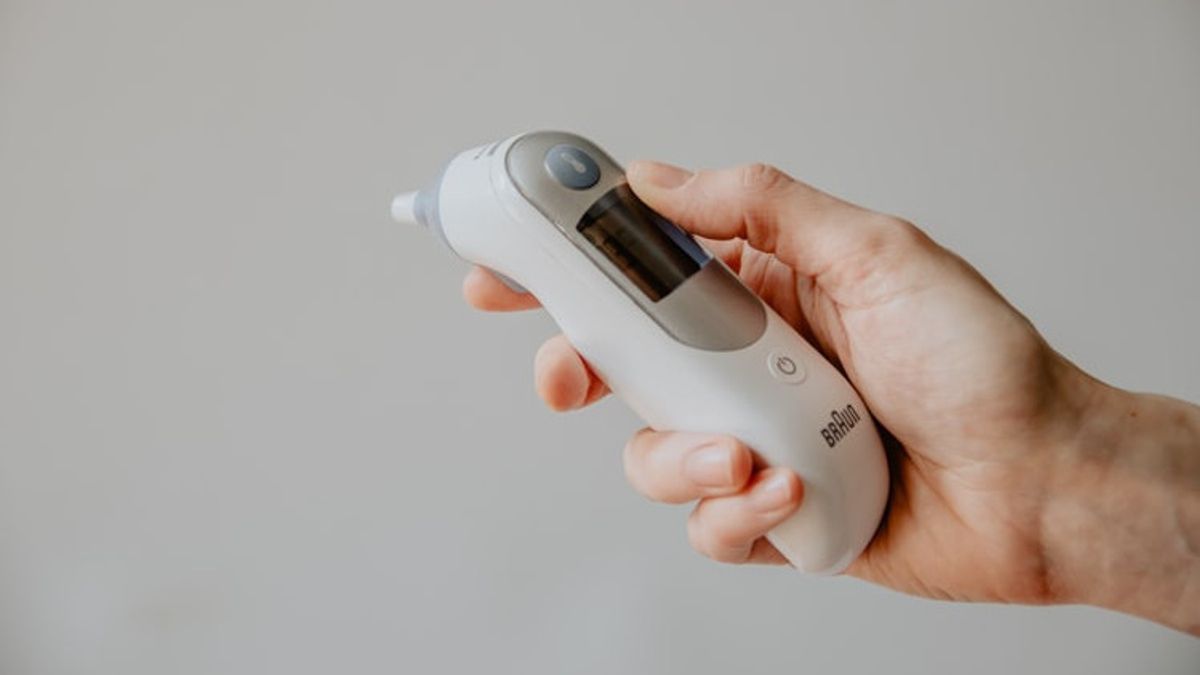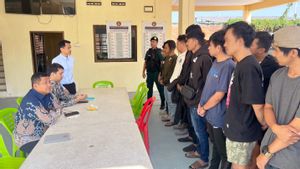JAKARTA - The increase in the status of COVID-19 to pandemic by the World Health Organization (WHO) has also increased the awareness of the world community. One of the most concern is how to detect the presence of the virus in oneself. According to experts, fever is the most common symptom experienced by people with COVID-19. What is fever?
Launching the CDC website, Tuesday, March 17, one of the characteristics of a person with COVID-19 is a fever. However, many people still do not understand what temperature in the body can be said to be normal, fever, or hypothermic.
The VOI team has compiled information from various sources, about how much a person's body temperature is normal or has a fever. Reporting from WebMD, basically, the human body is a small furnace.
It can give off heat all the time. The heat comes from the activities carried out by the human body, which keeps humans alive. When it gives off more or less heat than usual, the body tries to alert you that there is a problem.
Every human being's "normal" temperature is different. A German doctor in the 19th century set the standard normal body temperature of around 37 degrees Celsius.
However, a more recent study states, most people have a temperature of 36.7 degrees Celsius. For a typical adult, body temperature can range from 36.1 degrees Celsius to 37.2 degrees Celsius.
However, if the body temperature reaches 38 degrees Celsius or higher, and a person has been experiencing it for more than three days, then that person has entered a fever phase. So, it is important to know the steps you need to take when you have a fever.
First, drink as much water as possible. The goal is to cool the body while preventing dehydration. Second, eat foods that are easy to digest. Third, of course increase your rest hours.
Other steps include taking a fever-reducing drug such as ibuprofen. In addition, you can perform a compressing method. It is important to know, compresses are best done on the forehead and wrists. Use warm water.
However, if the fever gets higher and is accompanied by other symptoms, it is highly recommended to see a doctor immediately. If you feel fever, cough and shortness of breath after traveling from abroad or coming into contact with someone who is sick, immediately go to the hospital.
Further examination is an important step. And don't forget to also use a mask so you don't spread the disease to other people. Next to everything, move your body. Get some exercise. Eat healthy foods, and wash your hands more frequently.
The English, Chinese, Japanese, Arabic, and French versions are automatically generated by the AI. So there may still be inaccuracies in translating, please always see Indonesian as our main language. (system supported by DigitalSiber.id)












